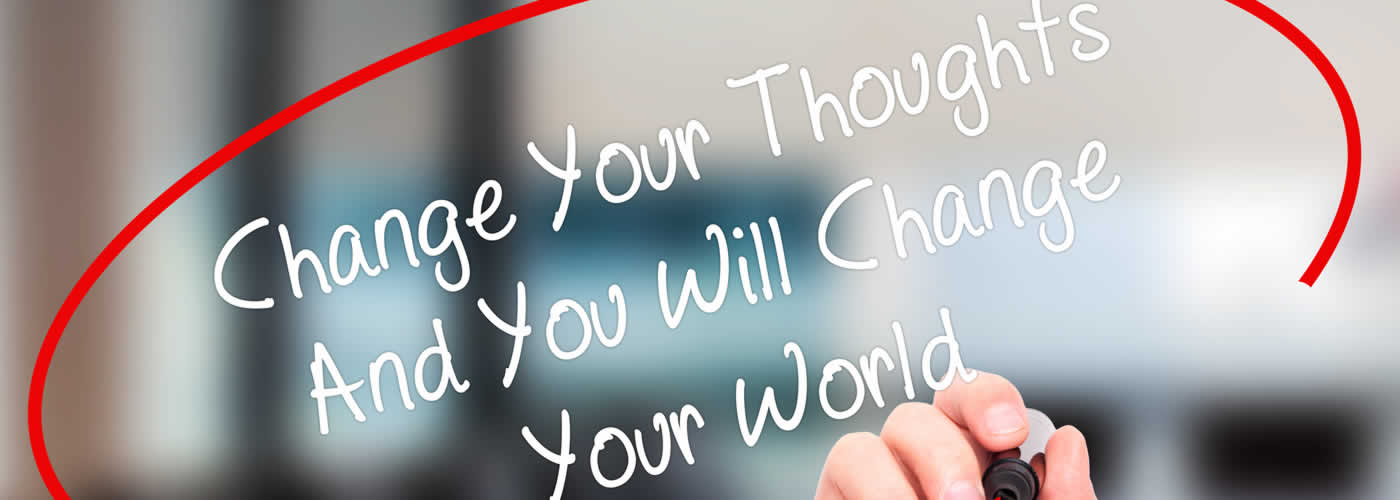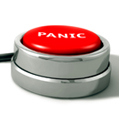
Social Phobia
When a person has a fear of being judged, embarrassed or humiliated, in daily contact with others, this fear may transfer itself into a particular symptom, for example, blushing, panic attacks, a lack of social confidence, fear of public speaking, fear of new experiences, or perhaps stuttering or stammering.
This fear is often based on feelings of inferiority and concerns about how the sufferer is seen by others.
It is perhaps the most common of all phobias and is certainly the phobia most frequently dealt with in therapy, where it responds remarkably well to Applied Psychology and Analytical Hypnotherapy.
Many everyday events are, at best, hampered, at worst, made unbearable, by the individual’s fear of being judged by strangers and friends alike. Shopping, eating out and a variety of social situations become daily torture.
Add to this the fear that a specific nervous condition (blushing, stuttering, panic attacks perhaps,) will arise at just the wrong moment, ensuring even further embarrassment and it is not surprising that sufferers often seek to minimise or even withdraw from social situations.
Also known as Sociophobia and Social Anxiety, sufferers often worry about a new event, often for weeks prior to the event itself; they seek to sink into the background, choosing to keep their thoughts and opinions to themselves, rather than to risk ridicule and judgement.
Specific symptoms include;
Shy bladder, most often suffered by men, is a condition whereby the sufferer finds it difficult (and often impossible) to use a public urinal when others are around; usually choosing to use a cubicle instead. Even the possibility of needing to use a toilet in a public place can cause immense levels of anxiety, well in advance of the actual need.
Blushing is one of the most common signs of social phobia and is most often seen in females, (although by no means exclusively.) Sufferers often find that awareness of the onset of blushing leads to increased blushing and a feeling that they are now even more conspicuous, further adding to their anxiety.
Stuttering & Stammering increases directly in proportion to stress levels – ensuring that sufferers stand out significantly in relation to their peers, and the more stressful the situation, the more likely the symptoms will increase.
Other conditions associated with Social Phobia include; panic attacks, fear of public speaking and shyness.
Social Phobia begins early in life, and usually gets worse with age, to the point where the sufferer’s life becomes severely restricted. This restriction is the unconscious mind’s way of protecting the individual from stressful situations – after all, if you don’t have to deal with new situations, how could they stress you?
And why do these situations create stress?
Because they recall emotions bottled up in childhood. Emotions which, when identified and dealt with, will lead to the removal of underlying anxiety. At this point symptoms diminish and will eventually dissolve.
Analytical Hypnotherapy and Applied Psychology are superb ways to tackle Social Phobia. It treats the cause rather than the symptoms, offering the opportunity for a real solution rather than a temporary respite.
I've lost 23.5lb since starting! Now weight 8st 9lb
I’ve lost 10lbs in the last 4 weeks and I’ve had no problems, I’ve listened to the CD once a day. The Relaxed Eating Programme is very easy to follow; I’ve had no cravings, and I feel great. I now naturally make the right food choices that are good for me without giving it any thought, and I manage my food portions, listening to my body and know when I have had enough to eat and do not feel I have to finish what is on the plate, just because its there
Hi Sue, I'm 12st 3 and still dropping! I have now lost 3 stone which is kind of unbelievable! Thank you so much
I have now lost 1.5 stone, which I am truly delighted with! Thank you for all your help
I feel more relaxed, calm, more at ease, you gave me that push. I had to take in my favourite pair of trousers by a couple of inches. I've stopped picking and am thinking about food differently.
Sue, feeling great as I have now lost a total of 10lbs











